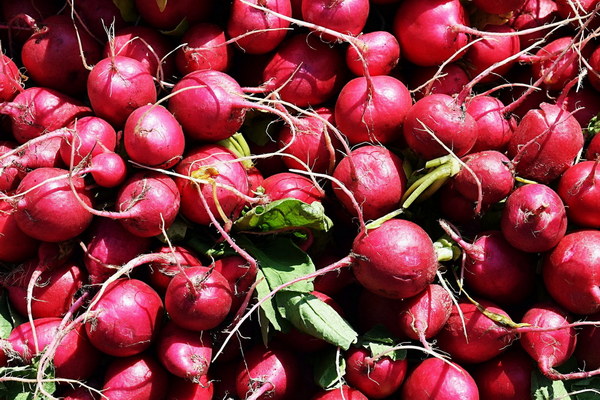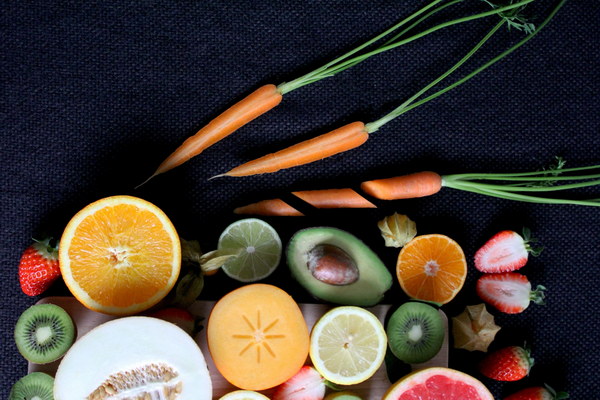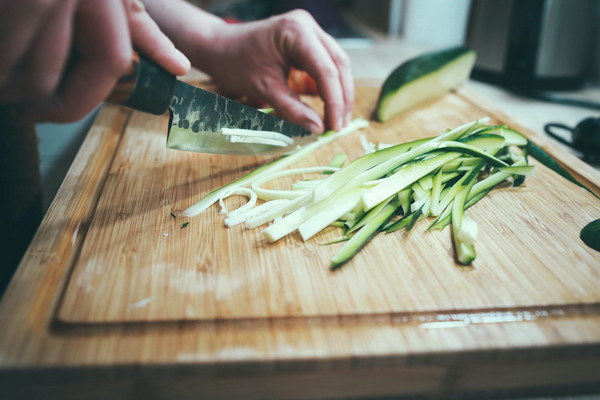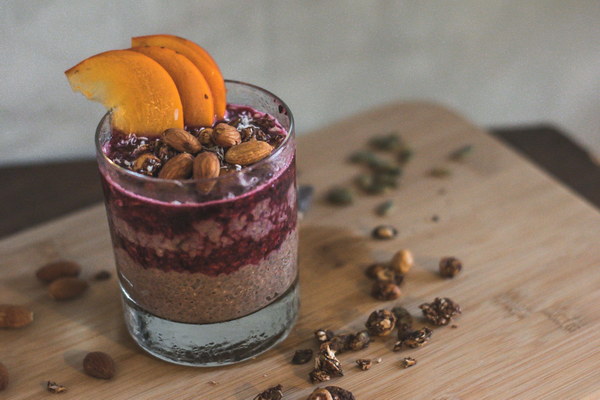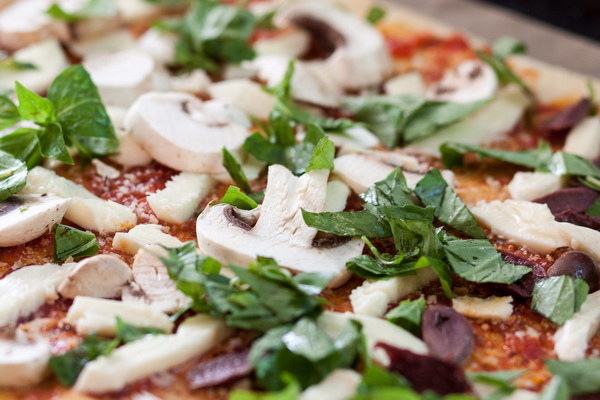Top Foods for Nourishing Yin and Lung Health A Guide to Balancing Your Diet
In the pursuit of optimal health, it's essential to consider the balance of your body's yin and yang energies. In traditional Chinese medicine, the lungs are closely associated with the concept of yin, representing the cooling, moistening, and nutritive aspects of the body. To maintain lung health and nourish the yin energy, incorporating specific foods into your diet can make a significant difference. This article will explore the best foods for nourishing yin and lung health, offering a balanced and nutritious approach to your diet.
1. Fruits
Fruits are an excellent source of moisture and can help nourish the yin energy of the lungs. Some of the best fruits for lung health include:
- Pears: Known for their cooling properties, pears are a great choice for lung health. They are rich in antioxidants and help reduce inflammation.
- Apples: Apples are a versatile fruit that can be consumed in various forms, such as raw, cooked, or juiced. They are high in fiber and can aid in digestion, which is beneficial for lung health.
- Mulberries: These berries are packed with antioxidants and are considered cooling in nature, making them an excellent choice for nourishing yin and lung health.
2. Vegetables
Vegetables are essential for providing moisture and nutrients to the lungs. Some vegetables that are particularly beneficial for lung health include:
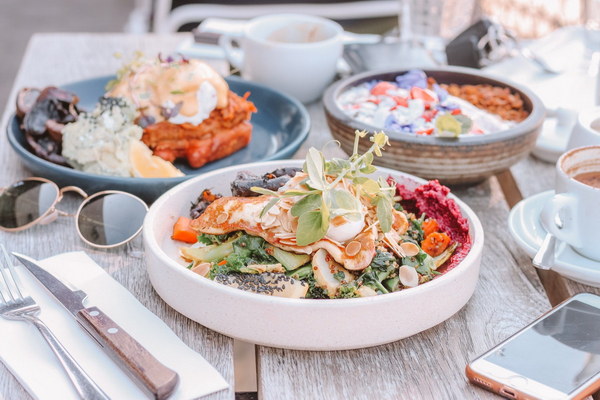
- Celery: Celery is a cooling and diuretic vegetable that can help remove excess fluid from the body, which is beneficial for lung health.
- Broccoli: Broccoli is rich in vitamins and minerals, including vitamin C, which can boost the immune system and help protect the lungs.
- Asparagus: Asparagus is a cooling vegetable that can help nourish the yin and lung energy. It is also rich in antioxidants and can aid in digestion.
3. Grains
Grains are an essential part of a balanced diet and can provide the necessary nutrients for lung health. Some grains that are beneficial for nourishing yin and lung energy include:
- Brown rice: Brown rice is a whole grain that is rich in B vitamins, fiber, and antioxidants. It is considered cooling in nature and can help nourish the yin energy.
- Oats: Oats are a nutritious grain that can help reduce inflammation and support lung health. They are also high in fiber and can aid in digestion.
- Quinoa: Quinoa is a gluten-free grain that is high in protein, fiber, and essential minerals. It is a great alternative to traditional grains and can help nourish the yin and lung energy.
4. Nuts and Seeds
Nuts and seeds are an excellent source of healthy fats, protein, and other nutrients that can support lung health. Some nuts and seeds that are beneficial for nourishing yin and lung energy include:
- Almonds: Almonds are a great source of vitamin E, which can help protect the lungs from oxidative stress. They are also high in antioxidants and can support overall health.
- Chia seeds: Chia seeds are rich in omega-3 fatty acids, protein, and fiber. They can help nourish the yin and lung energy, and also support digestion.
- Flaxseeds: Flaxseeds are a great source of omega-3 fatty acids, fiber, and lignans. They can help reduce inflammation and support lung health.
5. Herbs and Spices
Incorporating specific herbs and spices into your diet can help nourish the yin and lung energy. Some herbs and spices that are beneficial for lung health include:
- Ginger: Ginger is a warming herb that can help stimulate circulation and support lung health. It is also anti-inflammatory and can aid in digestion.
- Astragalus: Astragalus is an herb that has been used in traditional Chinese medicine for centuries. It is believed to boost the immune system and support lung health.
- Licorice root: Licorice root is a sweet herb that can help nourish the yin and lung energy. It is also anti-inflammatory and can support overall health.
Incorporating these foods into your diet can help nourish your yin and lung energy, promoting overall health and well-being. Remember to consume a balanced and varied diet, and consult with a healthcare professional before making any significant changes to your diet or lifestyle.

